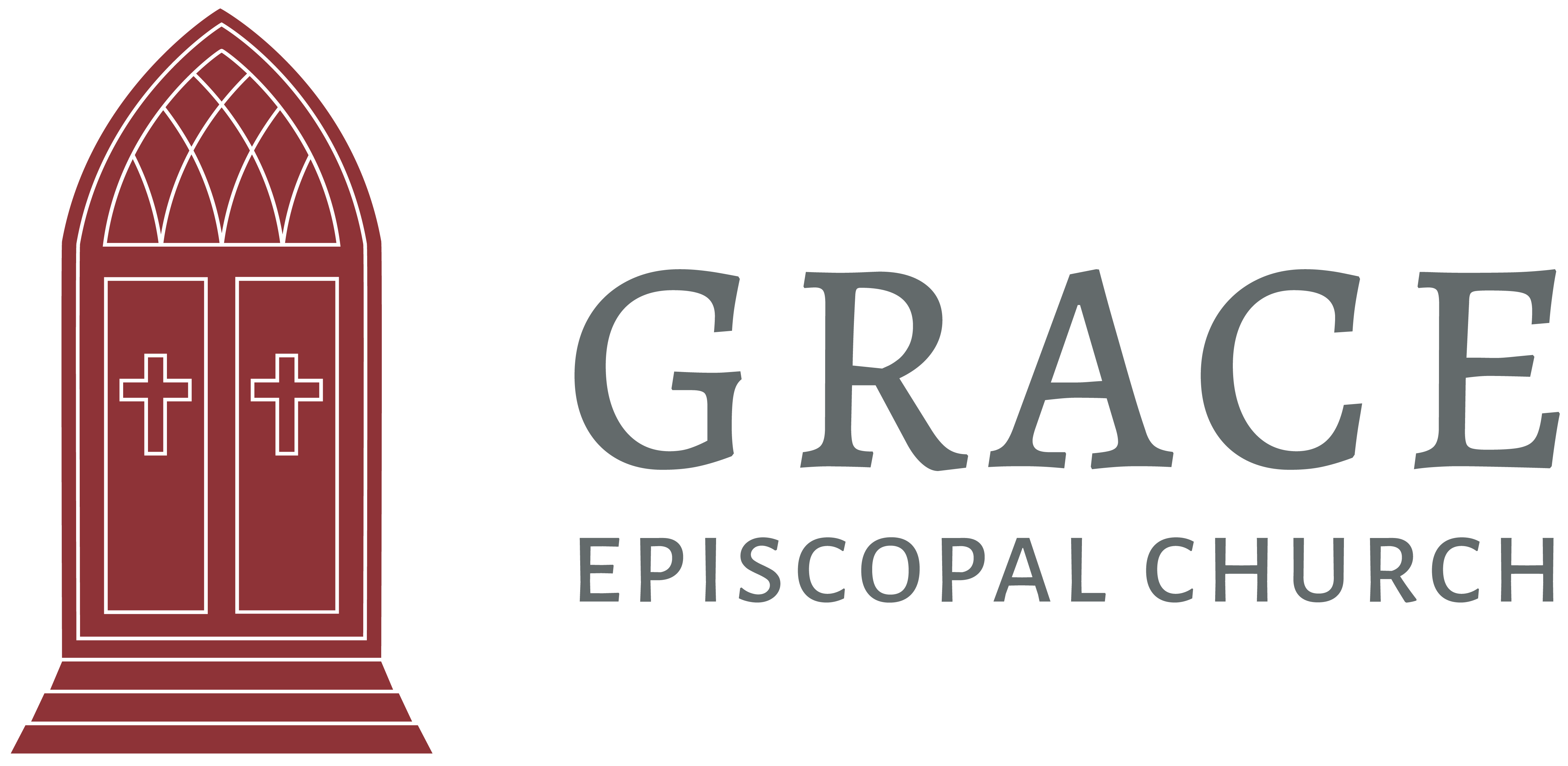Psalm 40, 54; Neh. 2:1-20; Rev. 6:12-7:4; Matt. 13:24-30
First, a quick note: Tobiah the Ammonite servant left behind a long line of descendants who continued to serve as the effective feudal lords of northern Jordan for centuries after Nehemiah was written. If you’re lucky enough to be in that beautiful area of the world (especially in the spring when the wild flowers are in bloom), a quick trip from Amman down the valley of Wadi Siir will lead you to the ruined palace built by a later Tobias, now called ‘Qasr al-Abd.’ It’s a two-story marble structure, with columns around the (now roofless) upper floor and some lovely carvings of lions and panthers around the exterior.
Second, the Gospel: please note that Jesus here talks about what’s often called ‘divine economy.’ That’s a theological use of the word, meaning not ‘how money works’ but ‘how to run a household.’ As in ‘home ec.’ And how do you run a household? By not be too much of a zealot, that’s how. Some rules are going to get broken, some infractions overlooked for the time being, because sometimes being too much of a stickler means that good future things get uprooted before they have time to come to maturity. Rather than perfection in the present, we aim for the best good in the future, and that may include putting up with some shenanigans. Oh, you don’t excuse them and you don’t let them spread…but sometimes, you put up with them and move on.
How to run a household: God says He’s willing to let some weeds, some sins, slide in the here and now because He’s banking that they’re not not fatal in the long-run to the good seeds sprouting around them. How to run a society, or a church for that matter: nothing’s going to be perfect, friends. Nothing. There are things I wish were otherwise, and I can (and do) talk about them and preach about them and encourage you and me to do better on them in the future, but to kick people out over them seems, well, like bad divine economy.
We don’t, for instance, excommunicate Episcopalians for privately holding heretical (that means wrong, wrong and wrong) theological opinions: the only reasons I can give the Bishop for invoking the disciplinary rubrics on page 409 of the Prayer Book (which thankfully I’ve never yet had to do) are that the person(s) involved keep stirring up problems in the community at large (‘living a notoriously evil life’ or ‘who have done wrong to their neighbors and are a scandal to the other members of the congregation’), or have a public feud of visible and un-ignorable hatred going on with others in the pews and simply refuse to try to come to reconciliation. That’s because how are people ever going to get ‘better’ if they’re yanked out of the company of good (or at least better) people? (There are disciplinary canons to keep clergy from going off the rails and doing damage to the others, but that’s mostly about forbidding people the opportunity to spread further damage. I preach heresy or pilfer the offering plate, I lose the right to preach or have keys to the office where the offering is stored.)
Discipline, yes. Keeping people honest, yes. Coloring within the lines, yes. But rooting people out when they’re mostly not harming anyone but themselves? No: that’s likely to uproot too many other delicate flowers that have great potential, to prioritize today’s perfect over tomorrow’s good.

